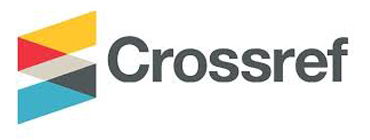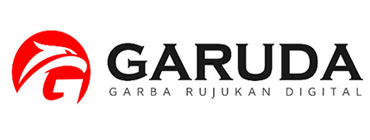EFFORTS TO IMPROVE SCIENCE LEARNING OUTCOMES THROUGH THE APPLICATION OF THE DISCOVERY LEARNING MODEL
Abstract
Full Text:
PDFReferences
Ahmad Warson Munawwir,Kamus Al-Munawwir(Surabaya:Pustaka Progresif,1997) Azyurmardi Azra(ed),Ensiklopedia Islam(Jakarta:Intermasa,2005).
Bogdan, R., & Biklen, S. 1982. qualitative research in education, Allyn & Bacon, Boston.
Dakir, 1993. Dasar-Dasar Psikologi, Pustaka Pelajar, Yogyakarta.
Djamarah, S. B. 2002. Psik.ologi Belajar, PT. Rineka Cipta, Jakarta.
Guba, E.G., & Lincoln, Y.S. 1981. Effective Evaluation, Jossey-Bass Publishers, Sanfransisco.
Hamalik, O. 2002. Perencanaan Pengajaran Berdasarkan Pendekatan Sistem, PT. Bumi Aksara, Jakarta.
Miles, M.B., & Huherman, A.M. 1984. Analisis Data Kualitatif. Terjemahan oleh Tjejep Rohendi Rohidi, Universitas Indonesia, Jakarta.
Moeleng, L.J. 1995. Metodologi Penelitian Kualitatif. PT. Remaja Rosdakarya, Bandung.
Moeleng, L.J. 2000. Metodologi Penelitian Kualitatif. PT. Remaja Rosdakarya, Bandung.
Nasution, S. 1998. Metode Penelitian. Naturalistic Kualitatif, Penerbit Tarsito, Bandung.
Nurhadi, 2002. Pendekatan Kontekstual, Universitas Negeri Malang, Malang.
Zuriah, N. 2003. Penelitian Tindakan Bidang Pendidikan Dan Sosial, edisi pertama, 13 ayu Media Publishing, Malang.
Refbacks
- There are currently no refbacks.

This work is licensed under a Creative Commons Attribution-NonCommercial-ShareAlike 4.0 International License.
INDEXING
Bright Vision by UIN Sumatera Utara Medan is licensed under a Creative Commons Attribution-NonCommercial-ShareAlike 4.0 International License.
Based on a work at http://jurnaltarbiyah.uinsu.ac.id/index.php/brightvision.









